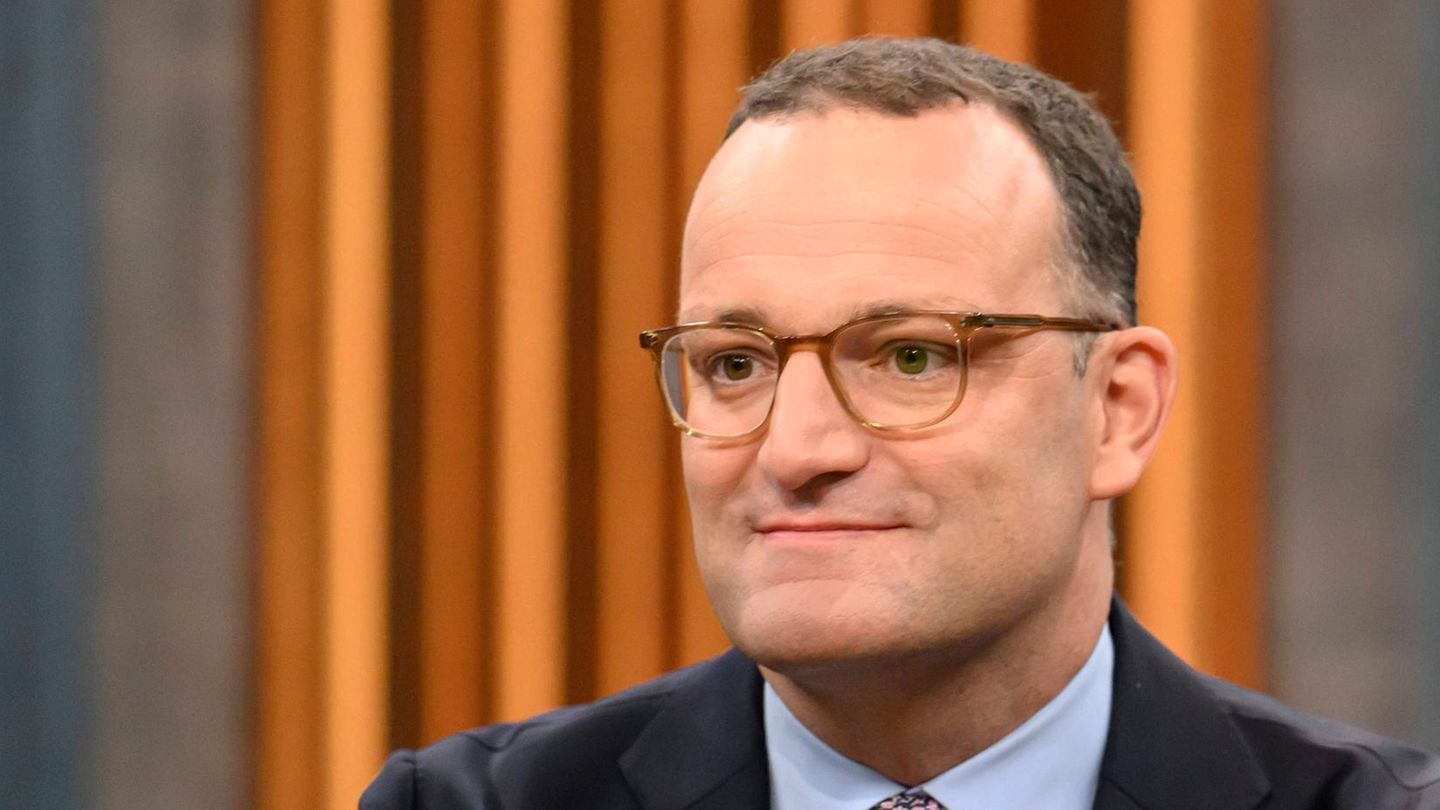Steel industry
Steel summit with Chancellor Scholz
Copy the current link
The German steel industry is suffering from high energy costs, and market leader Thyssenkrupp is set to lose tens of thousands of jobs. The Chancellor invites managers and trade unionists to discuss the industry.
Chancellor Olaf Scholz (SPD) wants to discuss ways out of the plight of the important industry with top representatives of the steel industry. Works councils and trade unionists have also been invited to a steel summit in the Chancellery on Monday. Scholz said on the short message service X that it was about concrete measures to secure steel production in Germany. Reliable electricity prices, promoting investments and protecting against cheap imports are important.
Germany’s largest steel company Thyssenkrupp announced in November that the number of jobs in the steel sector would shrink by 11,000 within six years. Of the current 27,000 jobs, 16,000 should still be left. Employee representatives and IG Metall are threatening long-term resistance.
When asked whether the state should get involved with Thyssenkrupp Stahl, the Chancellor told the Funke media group: “I’m not taking any option off the table now.”
FDP calls for economic turnaround
The FDP called for an economic turnaround. Hundreds of thousands of employees in the industry are worried about their jobs, and that can leave no one unconcerned, said parliamentary group leader Christian Dürr. Given the fact that Germany is at the bottom of the list in terms of growth among the industrialized nations, far-reaching structural reforms are needed. “This includes, above all, tax reforms with a reduction in corporate taxes and the abolition of the solidarity surcharge, which represents a punitive tax on entrepreneurial risk and the courage to invest,” emphasized the FDP politician.
In addition, high electricity prices put a strain on German competitiveness. Therefore, the exit from subsidies for renewable energies and an adjustment of the network expansion plans are unavoidable. “The federal government that is still in office must no longer stand by and see how damage is being done to industry in Germany,” said Dürr.
Habeck: Competition on the steel market is distorted
Economics Minister Robert Habeck emphasized that competition on the international steel market was still distorted. The instruments offered by commercial law must be used to combat dumping prices and overcapacity.
To protect the steel industry, the federal government successfully advocated extending the EU protective measures against steel imports until the end of June 2026. Furthermore, an extension is not legally possible under the regulations of the World Trade Organization (WTO). “We shouldn’t accept that so easily. We are therefore committed to a successor plan to protect the steel market for as long as necessary,” said the Green politician.
High energy prices weaken the steel economy
The ailing German steel industry received fewer orders in the third quarter of 2024. Compared to the same period last year, the decline is 9.7 percent, as the Federal Statistical Office announced a few days ago. A key reason for the weak steel economy is the sharp increase in energy prices as a result of the war in Ukraine. In the first quarter of 2022 – at the time of the Russian attack – production was 5.2 percent higher than currently.
Steel industry sales have also declined. Between July and September 2024, companies generated 1.8 percent less revenue than in the second quarter. According to the Federal Statistical Office, 71,200 people were still employed in the industry at the end of September.
dpa
Source: Stern




